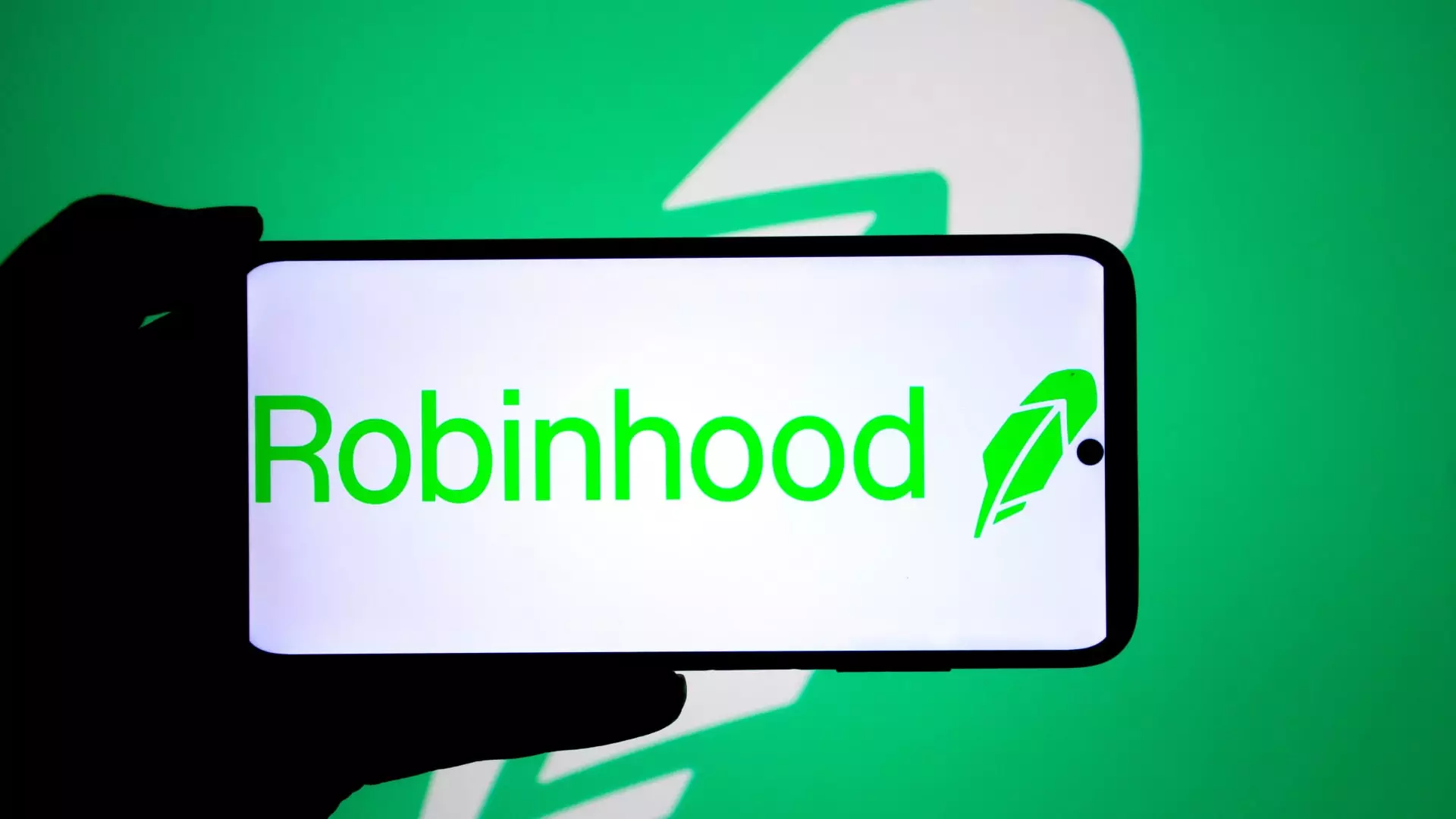The recent move by the Bank of Lithuania to scrutinize Robinhood’s tokenized equities exposes a deeper tension within the evolving landscape of financial technology. Instead of viewing this as a straightforward regulatory exercise, we should perceive it as a critical wake-up call about the risks of unchecked innovation. When an entity like Robinhood, which has long thrived on democratizing access to stocks, ventures into blockchain-based tokenization—especially involving high-profile private firms such as OpenAI and SpaceX—the stakes escalate exponentially. Bureaucratic bodies now find themselves au fait with a brave new world, and their cautious stance signals a core issue: these digital instruments are nothing less than uncharted territory with potential for chaos if improperly managed.
The concern must not be dismissed as mere regulatory overreach. Instead, it emphasizes the importance of safeguarding investors from opaque, potentially misleading financial products. Robinhood’s silence in response to Lithuania’s inquiries echoes a worrying trend of tech giants skirting accountability in the pursuit of profit-driven innovation. Regulatory agencies are justified in demanding transparency, but their involvement should push toward establishing clear standards rather than stifling technological progress altogether.
The Illusion of Accessibility Versus the Reality of Complexity
Robinhood has always championed democratization—breaking down barriers to traditional finance. Now, with tokenized equities, the company promises a simplified blockchain-based alternative that could appeal to a broader cohort of investors. Yet beneath this flashy veneer lies an insidious danger: the complexity of these new instruments. The blockchain, while heralded as revolutionary, introduces layers of technical ambiguity that the average consumer cannot fully grasp.
OpenAI’s public disapproval underscores a disturbing disconnect—it explicitly disavows involvement with Robinhood’s tokens, warning consumers that these tokens do not represent actual equity. This statement should serve as a stark warning: the product is potentially misleading if designed without rigorous consumer protections. When the true legal and financial implications remain uncertain, the risk is not just to individual investors but also to systemic financial stability. Are we unwisely rushing toward a future where speculation is fueled not by tangible assets but by tokens that may lack substantive backing?
Balancing Innovation with Responsible Regulation
From a centrist perspective, the core challenge lies in striking a delicate balance—embracing technological progress without sacrificing consumer safety or financial integrity. Robinhood’s tokenized stock offerings spotlight the necessity of establishing comprehensive regulatory frameworks, not as barriers but as safeguards. Regulatory agencies must evolve swiftly, ensuring that new financial instruments do not fall into the trap of obfuscation or misrepresentation.
Moreover, Robinhood’s apparent opacity in handling regulatory inquiries raises questions about corporate responsibility. If a platform seeks to push boundaries, it should do so within the bounds of law and ethical standards, ensuring clarity and fairness for its users. The onus is on policymakers to prevent a slippery slope where financial innovation becomes a vehicle for exploiting uninformed investors. Public confidence relies on transparency—an area where Robinhood has yet to demonstrate sufficient accountability.
Are Tokenized Stocks a Step Forward or a Dangerous Detour?
The fundamental issue may well be whether tokenized equities represent the next evolutionary phase of investing or a hazardous diversion into speculative chaos. It’s tempting to view this innovation as a means to modernize investing—reducing friction and expanding access. However, the current landscape suggests that these products are fraught with risks, especially when they involve private companies like OpenAI and SpaceX, whose true valuation and ownership structures can be nebulous.
Rather than rushing headlong into this market, regulators and companies should prioritize building robust investor protections. Robinhood’s apparent eagerness to introduce these tokens, despite lacking clarity and proper communication, signals a reckless disregard for such responsibilities. Unregulated gambling disguised as democratized investment could undermine trust in financial markets, especially among novice investors.
In the final analysis, the debate isn’t merely about tokenized stocks but about the kind of financial future we want to cultivate—one rooted in innovation but anchored in responsible regulation and transparency. Robinhood’s current stance acts as a cautionary tale: without clear oversight and ethical prudence, technological progress risks transforming from a tool of democratization into a conduit for confusion and exploitation.


Leave a Reply